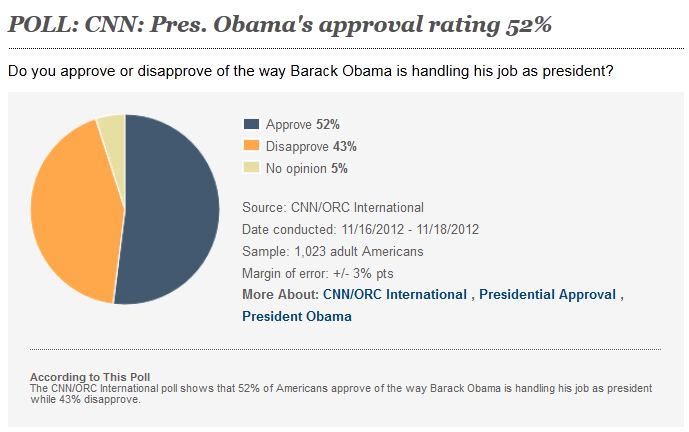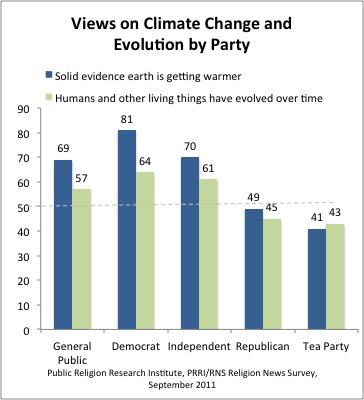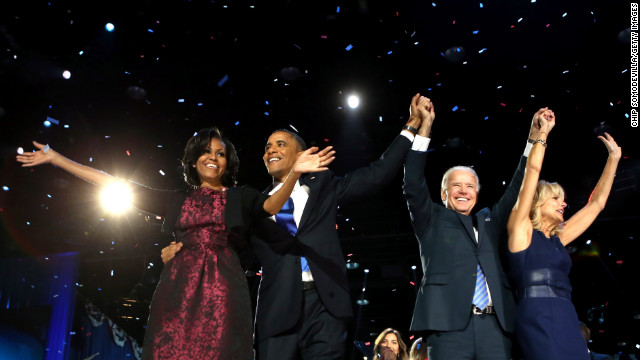My Dad recently wrote an article for the Cape Cod Times. The article brings up the idea about one six year presidency term instead of the potential for two four year terms.
What do you guys think?
Over the past six months I have asked this
question to friends and business colleagues: What percent of the 44
presidents of the United States were "one and done" presidents? That is,
presidents who served one term, or less than one term, because of
illness or assassination.
Most pause for a moment and say, "25 to 30 percent."
They are shocked when I tell them only 16
American presidents — Washington, Jefferson, Madison, Monroe, Jackson,
Lincoln, Grant, Teddy Roosevelt, Wilson, Franklin Roosevelt, Eisenhower,
Nixon, Reagan, Clinton, George W. Bush, and now Barack Obama — were
"re-elected."
The overwhelming majority, 64 percent of American presidents, were one-term presidents.
This
misperception on presidential election history is easy to understand.
In 28 of the 32 years leading up to the 2012 presidential election (or
88 percent of the time), the United States was governed by re-elected
presidents.
Americans accept re-elected presidents as the norm when, in fact, they are not.
Here's
my idea: Repeal the 22nd Amendment to the United States Constitution
(the amendment that limits an American to two consecutive four-year
terms in office) and in 2016 elect American presidents to one six-year
term.
Now, a newly elected president spends
the first year in office attempting to turn campaign promises into
legislation. Year 2 finds the president embroiled in midterm elections.
Year 3 brings the committee to re-elect, and Year 4 is consumed by the
election campaign. The second-term president relishes a "mandate" for a
year before becoming a lame duck after the midterms in the second
presidential term.
Not so with a one-term, six-year president.
A six-year president can, from Day 1,fill
administration posts, sponsor legislation and deal with foreign leaders
without having to worry about making decisions based on a run for
re-election. An administration that would be in office for six years
might also find it easier to recruit bright people from the private
sector to join the team. Why? For the same reason. The president will
call 1600 Pennsylvania Ave. "home" for six years and they would be
assured of a longer runway to get programs in their respective
departments off the ground.
There are more reasons why this idea makes political sense.
With
a four-year-term presidency, the opposition party can simply dig in its
heels and say "no" to major pieces of presidential legislation. They
are empowered to do so because they are gambling the president will lose
his or her footing by midterms and be out of office two years hence.
Now,
if they had to deal with an occupant of the White House who was there
for six years, it would force opposition leaders to work more closely
with the president, because the American people will not put up with six
years of political gridlock in Washington, D.C.
And
a six-year term in office would force a president to deal with
opposition leaders in Congress. Why? Because the president wants to
leave behind a record of accomplishments — the legacy, if you will — and
it would be frankly embarrassing if a president did nothing for 72
months.
My favorite reason for electing
one-six-year-term presidents is the significant reduction of money
wasted on campaign fundraising. Fundraising has no social or
governmental value. It takes up a significant portion of a president's
time and has brought down at least one president, and the only segment
of American society that benefits from it are the media outlets who run
attack ads constantly during campaign season.
If
Congress repealed the 22nd Amendment, over a 20-year time frame there
would be a 40 percent reduction in the number of presidential elections.
Hundreds of millions of previously wasted re-election campaign
fundraising dollars could be put to better societal use by wealthy
individuals and special-interest groups to buy plant equipment, hire
people and grow businesses.
The current system is broken. Both politically and financially.
This approach fixes both.
Gary J. Beach, publisher emeritus of CIO Magazine, splits his time between South Chatham and Sherborn.




